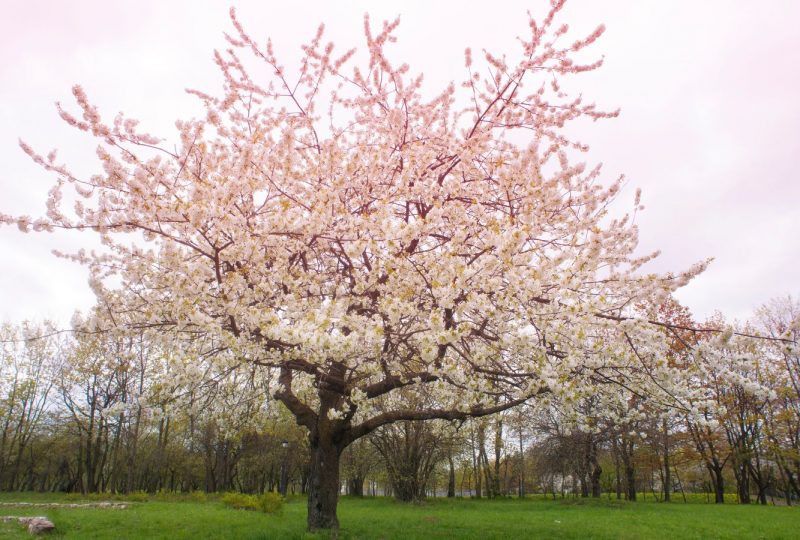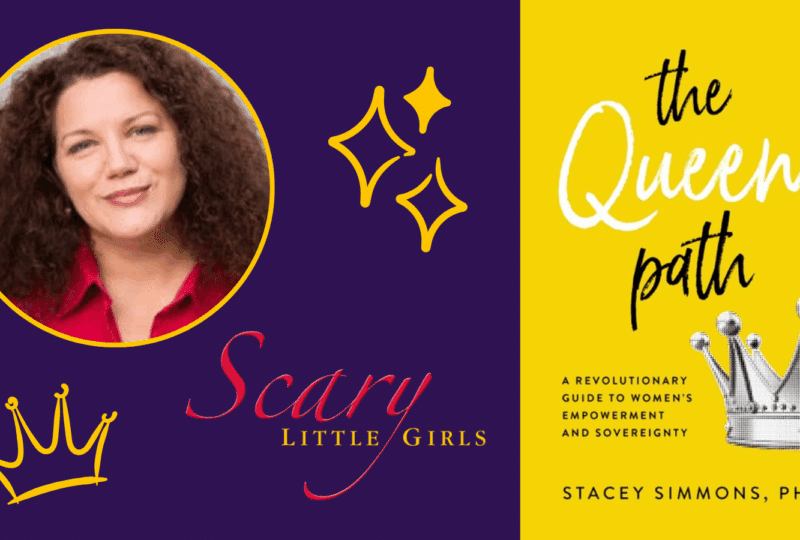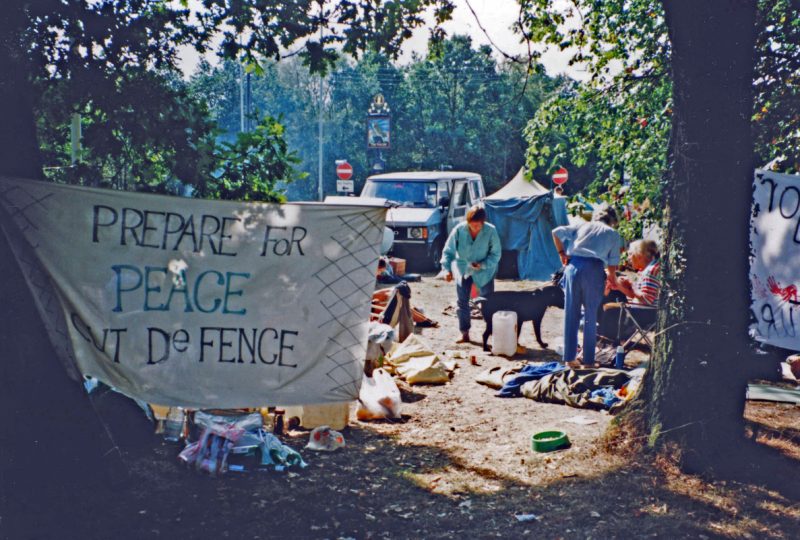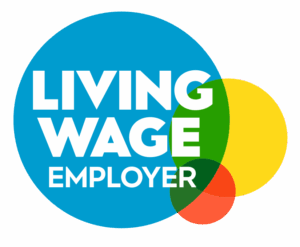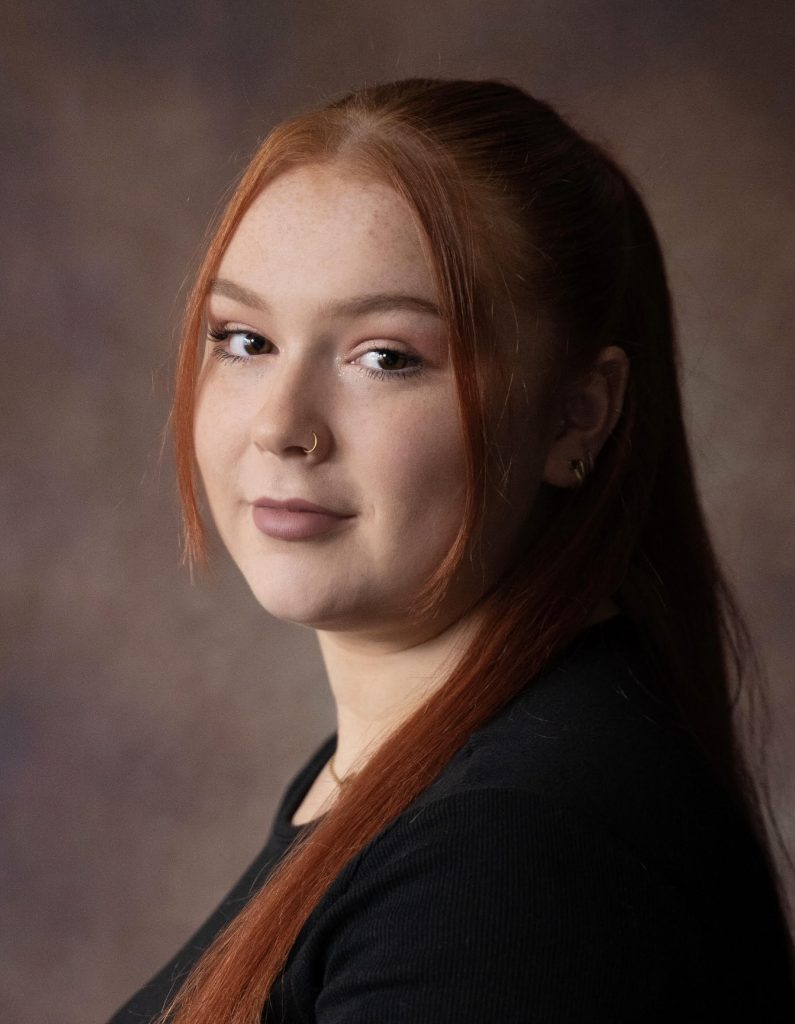
We are always excited to be approached by young actresses and creatives looking for a feminist home for their work and talents. A few months back, Faye Stainton contacted us and we’ve been thrilled to work with her on a placement. Here, Faye writes for us about home – what it means to her, where she has found it, and the homes we create together.
“Throughout my entire life I have lived in homes full of music, creativity and excitement. I grew up in York, in a house consisting entirely of women, with a myriad of walls painted purple, bathroom doors left open and an impressively large stash of tampons. The space my mum created for my sister and I allowed us to be loud and imaginative; we created performances and dances in the front room, played the recorder and piano, and pranced around the house in mum’s high heels. We didn’t have much money, but the money we did have was always spent on music lessons, drama classes and choir.
I was six when I first stepped foot on a stage, making my debut in ‘The Likes of Us’ by Andrew Lloyd Webber. By the end of each show I had passed out backstage, so the man playing Doctor Bernardo carried me on for the bows as I slept peacefully in his arms. As you can probably imagine, I don’t remember much of the experience, but what I do remember is waiting in the wings to go on stage, hands sweaty, heart beating, jealous of the girls that got to wear character shoes, thinking about the day I’d finally be allowed to dance around in the slim, leather beacons of stardom (Even now, at 21 years old and in my final year of drama school, that special feeling of putting my character shoes on has never gone away).
My second home was my University flat in London; a tall dingy building with high ceilings and drafts. It wasn’t much, but it was home. My flatmates and I filled the walls with posters, loaded the bookcase with plays, poetry and feminist literature, and spent evenings singing the entire pitch perfect riff-off, drunk on the balcony. I was eating breakfast, lunch and dinner with people that also knew the sensation of waiting in the wings in anticipation, and I loved it. But with moving to a new city comes lessons unlearnt; I was no longer in my matrifocal safe haven of bodily autonomy and respect. Studying at drama school exposed a scary side of theatre to me. A side in which men dominate. The wings were no longer an exciting purgatory, but instead dark unsafe spaces, and women were scared to assert boundaries. So, though I had started to call myself a feminist in secondary school, my experiences at drama school reaffirmed this aspect of my identity. I began actively engaging in feminist discourses around violence against women, focusing specifically on women in the arts, and decided that I wanted to create and perform feminist theatre. In secondary school I read a book written by Kim Solga named ‘feminism and theatre’ and during my time at drama school I have consistently reflected back on this book, and more directly, this line – ‘The world enlightens theatre and theatre enlightens the world’. Since starting my feminist theatre journey, I have worked with female-centred charities, utilising theatre and art to unite women and encourage them to tell their stories, I have written plays about grassroots feminist activism and I have worked with Scary Little Girls on professional placement. During all of this, the line from the book has underpinned my practice. As the feminist movement evolves and grows all over the world, theatre, too, shall evolve and grow.
My time with Scary Little Girls has been pivotal in my feminist theatre journey. Working with an organisation that is solely run by women creates pockets of magic that would be unobtainable elsewhere. There is, first and foremost, a sisterhood that runs deeply throughout the veins of the company and the independent artists that collaborate with them. There is a sense of belonging and togetherness that comes with practice that has been daubed in care; Rebecca Mordan (artistic director) and Vanessa Pini (company producer) have cultivated this perfectly. Feminist writer, Sara Ahmed, once wrote ‘Feminism: how we pick each other up.’, and I feel this definition perfectly captures the essence of Scary Little Girls. To ‘pick’ one’ up’ can be to elevate one’s mood, to figuratively lift and improve one’s mental well-being, or to physically help raise someone off the ground. At the core of the company’s productions, workshops, cabarets and activities is this sense of attentiveness that is often lost elsewhere in the theatre industry. I have laughed, cried, hoped, grieved and loved during my placement with Scary Little Girls; reminding me the importance of being moved by something.
‘We are moved to become feminists’ – Sara Ahmed.
As I grow older, I understand now that, for me, home is wherever love can be found. My other homes have been found in theatres, people, books, art and cups of tea. Home is a room full of women. Home is my mum with a big pot of purple paint. Home is the act of ‘picking each other up’.”
